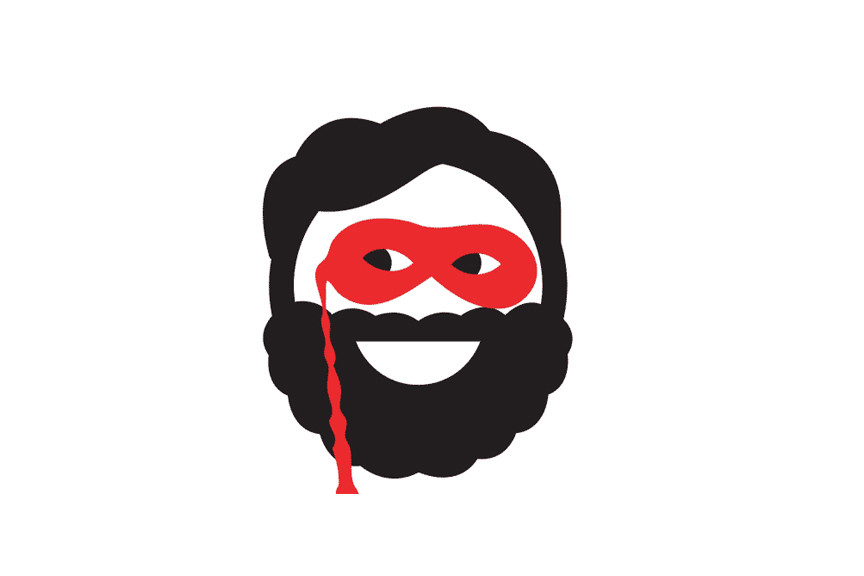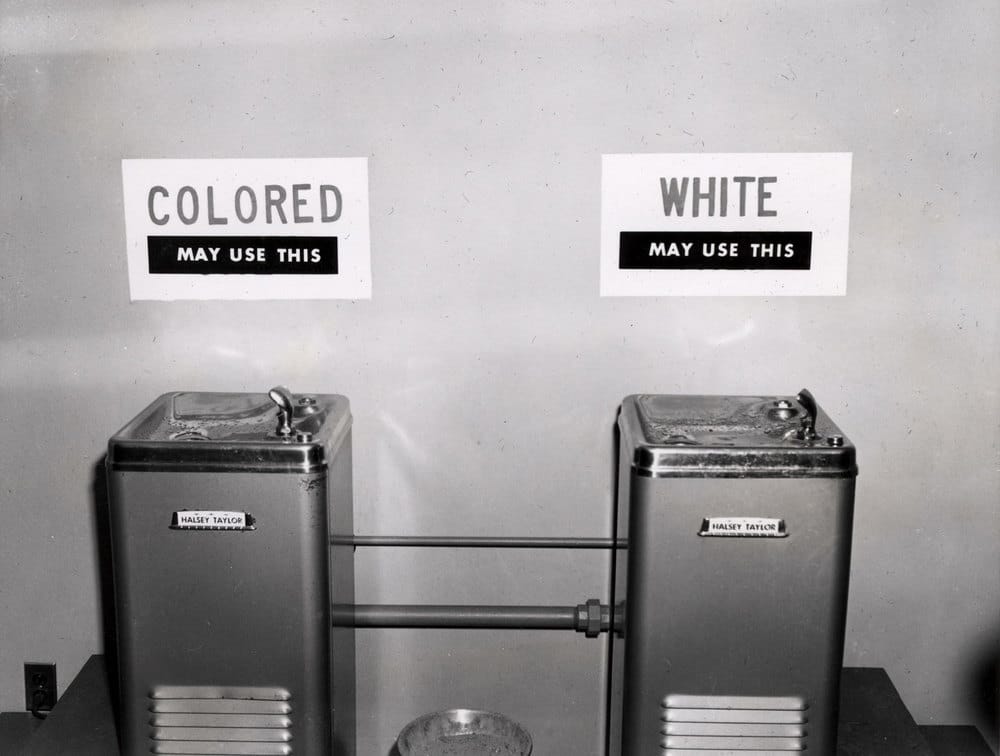Why I’m Staying In the Psychedelic Closet
The demonization of psychedelic culture is not a social justice issue, and using the language of social justice is damaging to those causes.
This is part 2 of the Coming Out of the Psychedelic Closet series. Intro | Part 3 | Part 4 | Part 5 | Part 6 | Conclusion

Psymposia is a 501(c)(3) nonprofit research and media organization that offers critical perspectives on drugs, politics, and culture. We rely on contributions from our readers and listeners. Your support is vital to sustaining Psymposia.
Support Psymposia’s independent journalism on Patreon and help us drive the Mystery Machine! We’re a bunch of meddling kids who are unmasking the latest shenanigans on the psychedelics beat.
Imust confess that I am a person who can’t exactly “come out of the psychedelic closet.” I work in the media, which makes me somewhat of a public figure.
I have to maintain relationships and rapport with politicians, business owners, community organizers, nonprofit leaders, and members of the communities where I work, not to mention the trust of those who follow my work and those above me in my organization. Coming out as a champion of psychedelic use, given the cultural stigma, would easily damage my standing in a lot of these areas.
While there may be individuals in each subset of people I mentioned that I could, and perhaps have, discussed my psychedelic experiences with, a public proclamation that I am a person whose identity has been informed by psychedelic experiences would not be a smart move on my part. I’m also not sure how necessary it would be.
The psychedelic experiences that truly shaped me were very personal, very inward, and very ethereal, making them hard to truly put into words for others. I will not try to sum up all the philosophical and personal insights psychedelics have given me, but I can say that I carry myself differently, and psychedelics shaped the way I interact and empathize with people, both for the better.
Society at large does have to do some soul-searching on psychedelics. In a lot of ways, they are misunderstood and stigmatized, as are the people who use and champion them. It is completely valid that those who have been deeply affected by their psychedelic use and consider it part of their identities can feel suppressed in their ability to freely and openly discuss those experiences.
However, I completely disagree with Neşe Devenot’s classification of psychedelic use as a social justice issue.
The War on Drugs and its disproportionate effects on minority communities is a social justice issue, as are mandatory minimum sentences in non-violent and simple possession drug convictions. The demonization of psychedelic culture is not a social justice issue, and using the language of social justice, as well as invoking the civil rights movement and struggle for LGBT rights, is damaging to those causes.
Rarely, if at all, have people with psychedelic identities been treated as “the Other” in the way the LGBT community, African-Americans, and so many other non-white non-heterosexual groups have been treated. People with psychedelic identities have not been the targets of such horrors as lynch mobs, Jim Crow laws, or more recently, voter ID laws. People with psychedelic identities have never been forced to sit in the back of a bus, face arrest, or have to drink from separate water fountains purely because of their psychedelic identities.
People with psychedelic identities haven’t been dragged behind pickup trucks. There are no laws that say people with psychedelic identities can’t marry each other.
While I agree that “psychedelics are deeply entwined with some individuals’ sense of personal identity,” as Neşe put it, and there certainly is a stigma around psychedelic culture, using the words “struggle,” “discrimination,” and “oppression,” as well as contextualizing psychedelic identity in the “universal struggle for the human right to self-determination,” minimizes the severity and intensity with which the fights for LBGT and civil rights were and are still being fought. I don’t believe the author is downplaying those fights, but misusing this language elevates discussions around psychedelic identity to the same level as these true struggles for life, liberty, the pursuit of happiness – as well as the right simply to be treated as human beings.

My use of psychedelics is a piece of my identity that I carry with me always, but never have I felt that this inability to speak about it in some – not all, just some – circles of the people I interact with has amounted to oppression. Do I wish I could be more open about my psychedelic experiences? Sure. Do I feel that I am a member of a group of people that is being oppressed and discriminated against? No. It just means I have conversations about psychedelics and my use with certain types of people in certain environments.
I agree with Neşe on a variety of points.
It absolutely should be an individual’s decision to make choices about their body. There is, indeed, “a common cultural prejudice against those who experience and interact with the world different from the dominant and traditional population.” Speaking out could absolutely create solidarity among “the vast spectrum of doctors, lawyers, scientists, writers, and politicians who encompass the category of psychedelic people” and mean “the potential to expand our culture’s tolerance for difference.”
I believe the shift in cultural thought is already happening, albeit slower than many wish. However, the conversations around drugs and drug culture have been evolving, especially in recent years. Psychedelics long ago penetrated popular culture but are now becoming respected parts of academia, research, and medicine. The media often showcase this work in favorable lights as well. I believe that much as society at large has come around on cannabis – integrating it into medicine and abandoning misinformed conceptions from the “reefer madness” era – so will the fog of stigma and misunderstanding slowly lift on psychedelics.
Neşe and I are in complete agreement about the importance of these conversations, but people need to come to the table on their own terms. For some, that might be only forwarding an article rather than becoming a sort of psychedelic evangelist.
Those looking to move the conversation forward can do their part in promoting work that showcases the positive side of psychedelics and continue to speak about their psychedelic identities in whatever context they see fit. There is certainly more work to be done, but speaking about the “struggle” of those with psychedelic identities as a social justice issue is the wrong approach.
Those with psychedelic identities still have the ability to spread the love and teachings of psychedelics by how they lead their lives.
Read part 3: Out Yourself
Hey! Before you go… Psymposia is a 501(c)(3) non-profit media organization that offers critical perspectives on drugs, politics, and culture. We strive to ask challenging questions, and we’re committed to independent reporting, critical analysis, and holding those who wield power accountable.
Our perspectives are informed by critical analysis of the systemic crises of capitalism that have directly contributed to the unmitigated growth of addiction, depression, suicide, and the unraveling of our social relations. The same economic elite and powerful corporate interests who have profited from causing these problems are now proposing “solutions”—solutions which both line their pockets and mask the necessity of structural change.
In order for us to keep unpacking these issues and informing our audience, we need your continuing support. You can sustain Psymposia by becoming a supporter for as little as $2 a month.





